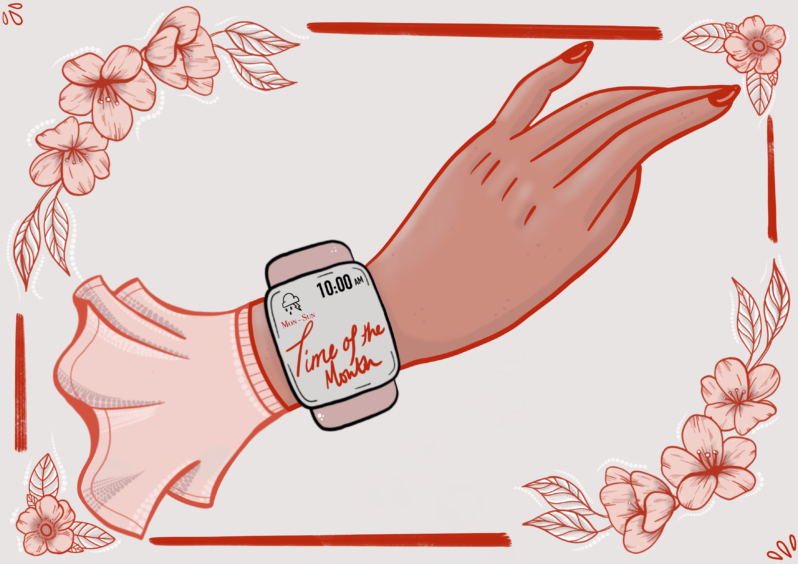A new campaign has been launched to challenge the stigma around periods, and open up conversations around the subject.
Aimed at 16-24 year olds, the Let’s Call Periods, Periods campaign highlights the way society uses a variety of phrases and euphemisms to avoid using the word ‘period’.
Evidence has shown that, despite being a natural bodily function experienced by more than half of the population, more than one in three women in the UK have experienced period shaming through bullying, isolation or ‘time of the month’ jokes.
Nearly half of UK women said they felt embarrassed the first time they got their period, and 35% said they had felt scared, and 24% felt confused.

Research has also found that over half said they hide period products when carrying them to the toilet so as not to embarrass others, and 43% said they did this because they thought people would embarrass them or make jokes.
This stigma can lead some people to feel too embarrassed to talk about periods, which can cause them to miss school, college, university or work, or use products that aren’t fit for purpose or even let medical issues go unchecked.
Launching the campaign, Communities Secretary Aileen Campbell said: “Since we launched our world-leading action to make access to period products free in all schools, colleges and universities in 2018, I have seen and heard about many brilliant examples of students and schools challenging the stigma and making it easier for everyone to talk about periods.
“We don’t want this momentum to stop and that is why we have launched this innovative campaign to make everyone feel more comfortable discussing periods with their friends, family and others.
She added: “Ultimately, this is about dignity and respect and being more open. The stigma associated with periods needs to disappear. We should not feel like we have to use euphemisms or code words for periods, but can be empowered to have frank discussions about what they are and how we feel without anyone feeling embarrassed.
“It has been amazing to see so many people take part and support this campaign and to hear about their own experiences, so many of which are all too familiar. It’s time we all call out the stigma and call periods, periods.”

Keryn Matthew, current Miss Scotland and #TalkPeriods host said: “Despite periods being a monthly reality for billions of us all over the world, some people would still rather say ‘Time of the month’ or ‘Got the painters in’ than ‘period’. We need to start talking about periods more openly so we can tackle the stigma that surrounds them.
“I remember being in a shop recently and my tampon landing on the check-out as I grabbed my purse and I was mortified. But, why should I feel like that? It’s because we don’t feel able to talk about periods freely and I want to help change this. That’s why I’m supporting this brilliant new campaign, talking about periods and sharing my own experiences, in the I hope that everyone will get involved and help change the narrative.
“By having more conversations, we can stop people feeling embarrassed, and ultimately, stop period shaming. Let’s say it straight and call periods, periods.”
Earlier this week, MSPs from all parties backed a bill from Labour’s Monica Lennon that would make sanitary products available to all free of charge.
Government ministers had opposed the plans, but changed their stance following pressure from campaigners.
They’re expected to introduce a number of amendments to address concerns about the legislation, including over the cost of implementation.

Enjoy the convenience of having The Sunday Post delivered as a digital ePaper straight to your smartphone, tablet or computer.
Subscribe for only £5.49 a month and enjoy all the benefits of the printed paper as a digital replica.
Subscribe